Egyptian Medjool dates are often referred to as the “King of Dates” due to their large size, rich flavor, and luxurious texture.
These premium dates have been cultivated for centuries in the fertile lands along the banks of the Nile River, where the unique climate and soil conditions result in dates of unparalleled quality.
In this comprehensive guide, we will delve into the origins, nutritional benefits, health properties, culinary uses, and cultural significance of Egyptian Medjool dates.
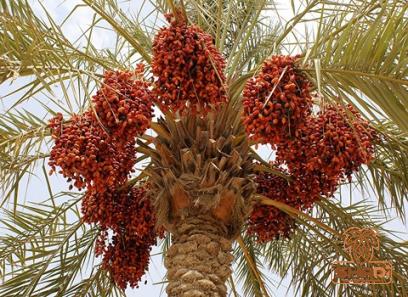
.
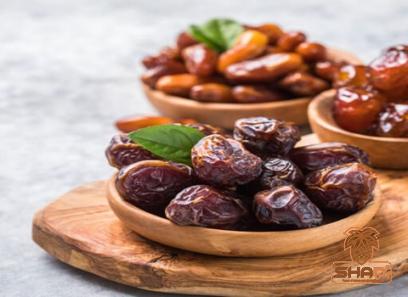 Origin and Cultivation of Egyptian Medjool Dates: Egyptian Medjool dates are believed to have originated in Morocco and were brought to Egypt by Muslim traders during the Islamic Golden Age.
Origin and Cultivation of Egyptian Medjool Dates: Egyptian Medjool dates are believed to have originated in Morocco and were brought to Egypt by Muslim traders during the Islamic Golden Age.
The cultivation of these prized dates was initially limited to the royal gardens of ancient Egypt, where they were reserved for royalty and nobility.
Over time, the cultivation of Medjool dates spread throughout the Middle East and North Africa, with Egypt becoming one of the leading producers of this premium date variety.
Egyptian Medjool dates are grown in the warm desert climate of the Nile Delta region, where the dry, sunny weather and fertile soil create ideal conditions for date palm cultivation.
The date palms are meticulously cared for by skilled farmers who use traditional methods passed down through generations to ensure the highest quality fruit.
The trees are watered using a sophisticated irrigation system that utilizes the waters of the Nile River, enriching the dates with essential nutrients and minerals.
..
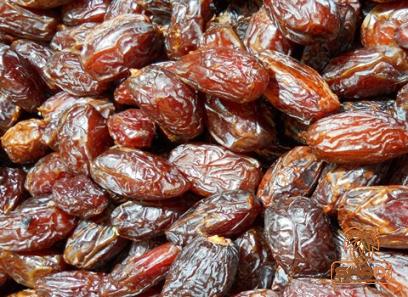 Nutritional Benefits of Egyptian Medjool Dates: Egyptian Medjool dates are not only prized for their exquisite taste and texture but also for their impressive nutritional profile.
Nutritional Benefits of Egyptian Medjool Dates: Egyptian Medjool dates are not only prized for their exquisite taste and texture but also for their impressive nutritional profile.
These dates are a rich source of essential vitamins, minerals, and fiber, making them a nutritious addition to any diet.
Medjool dates are particularly high in natural sugars, such as glucose, fructose, and sucrose, which provide a quick source of energy.
In addition to their natural sugars, Egyptian Medjool dates are packed with vitamins and minerals, including potassium, magnesium, vitamin B6, and fiber.
Potassium is essential for maintaining healthy blood pressure and heart function, while magnesium plays a vital role in muscle and nerve function.
Vitamin B6 is important for brain health and cognitive function, while fiber aids in digestion and promotes gut health.
…
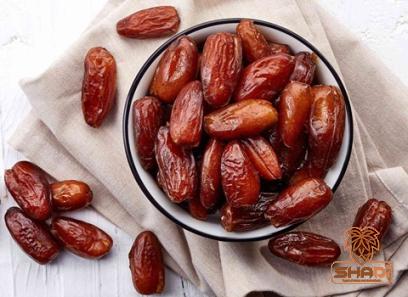 Conclusion: Egyptian Medjool dates are truly exceptional fruits with a rich history, outstanding nutritional benefits, versatile culinary uses, and cultural significance.
Conclusion: Egyptian Medjool dates are truly exceptional fruits with a rich history, outstanding nutritional benefits, versatile culinary uses, and cultural significance.
Whether enjoyed on their own as a sweet and satisfying snack or incorporated into a variety of dishes and desserts, Medjool dates never fail to impress with their luscious taste and luxurious texture.
From ancient royal gardens to modern-day dining tables, the legacy of Egyptian Medjool dates as the “King of Dates” lives on, enchanting palates and hearts alike.
with their luscious taste and luxurious texture.
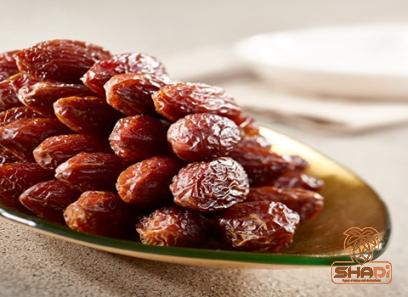
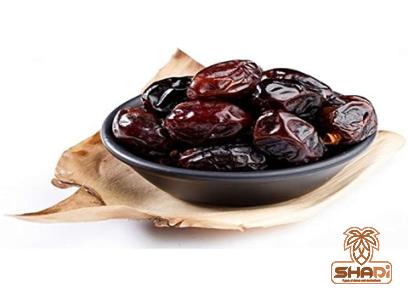
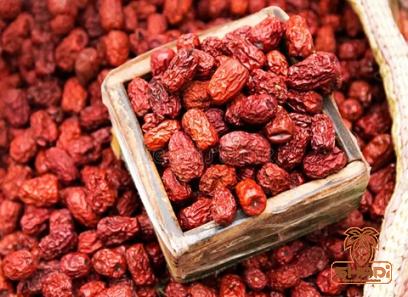
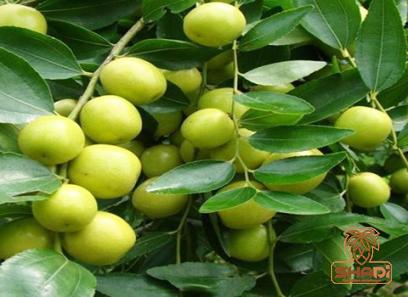
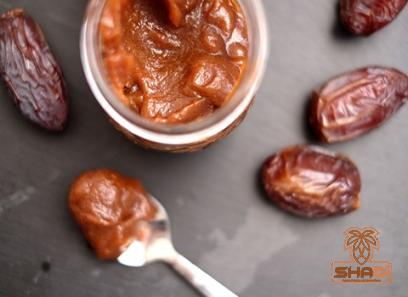
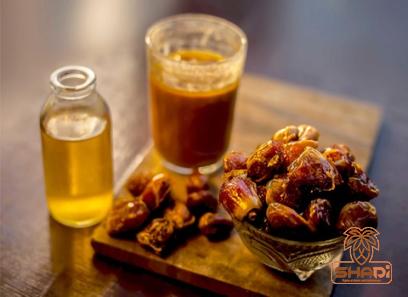
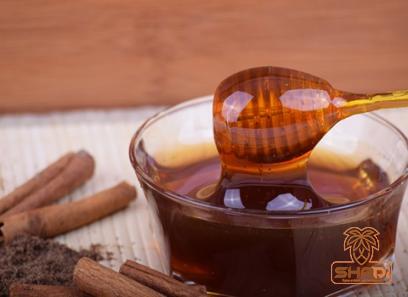
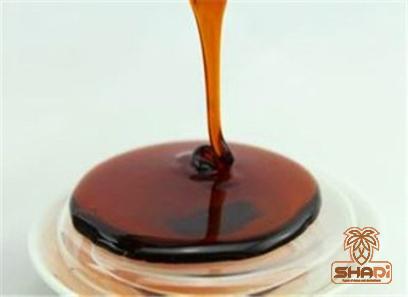
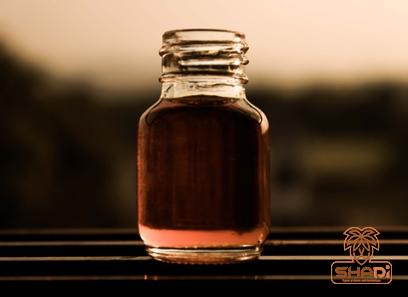
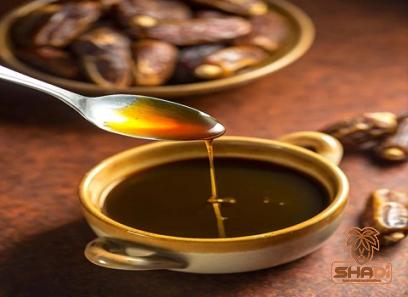
Your comment submitted.